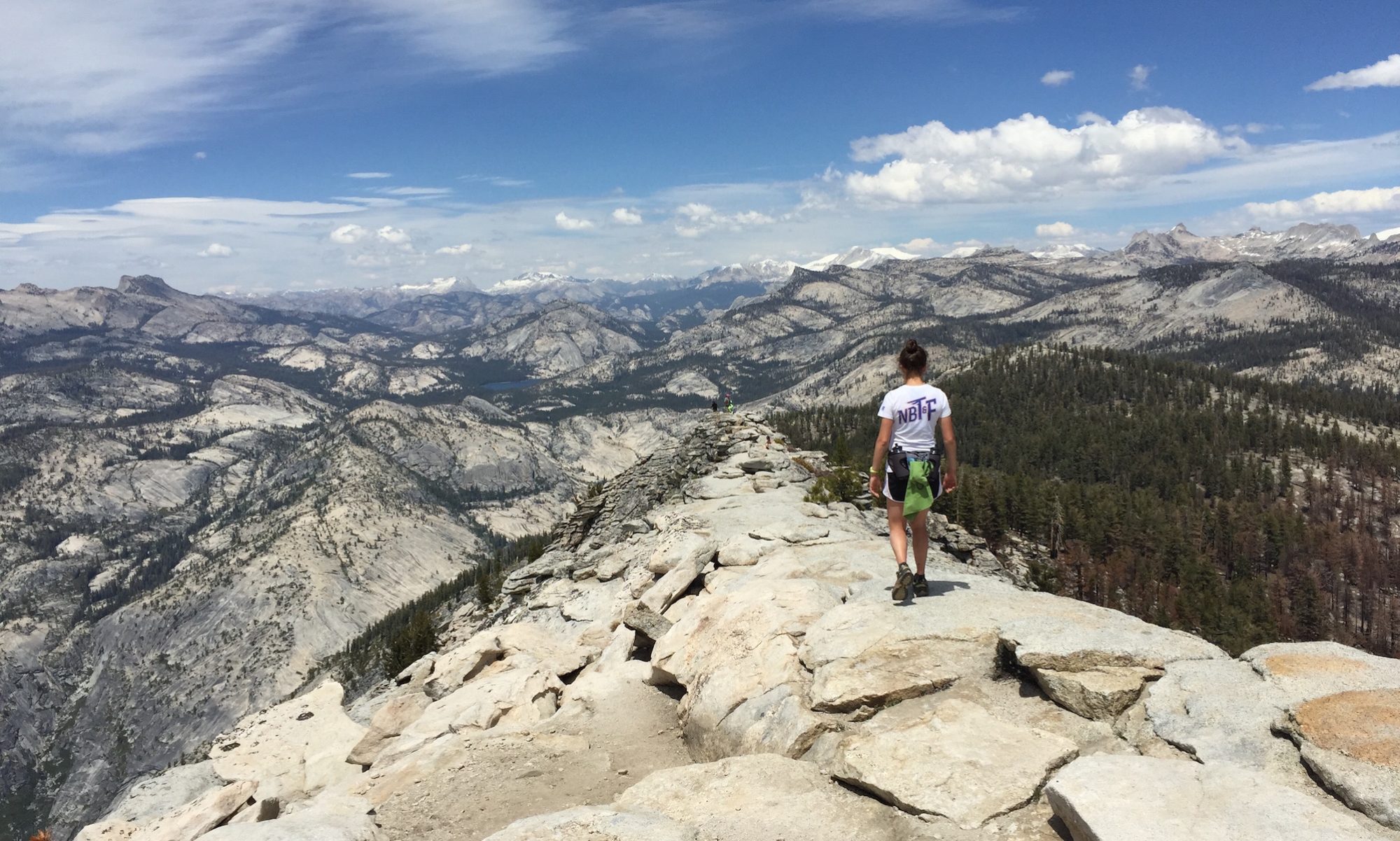An instructor’s first post. Inspired by Camilla and Alex
The intensity of the group’s responses to HHH gave me pause – mostly of the good kind. Although we rejected many of Bulliet’s claims, it’s clear that the conceptual categories of “pre-domestic, domestic, post-domestic” got us thinking about our contemporary sensibilities in new and provocative ways. So, from my perspective, this was a good day!
I was especially struck by Camilla’s ruminations on how her own practices and beliefs support and confound certain aspects of the postdomestic paradigm. While I’m loathe to engage blogging as a kind of confessional, after reading her reflection on the Utility of Categories I’m offering the following in further support and recognition of the sweet spots and contradictions of Bulliet’s categories:
I am a native of Western Kansas. My father’s family homesteaded in Smith County, a vast mesa of prairie earth at the geographic center of the continental US. My childhood revolved around summers spent on the family farm (then in Southern Missouri), where I helped slop hogs, feed chickens, and tend calves, and spent endless hours fussing over the horses and pony that drew me away from the air-conditioned comfort of suburbia to the sweltering humidity of the fields. I ate meat. Lots of meat. Most of it came from animals raised on the farm. I thought it was perfectly normal to have a freezer in the garage full of beef and pork. Mine was a “domestic” upbringing, even if I’m too young to have experienced the full-blown era of domesticity Bulliet describes. I loved animals. I had pets from wood, field and stream as well as dogs and cats. And I ate animals. Lots of animals.
I did have qualms, though. My grandfather gave me a calf every summer and I always chose a heifer, partly so my herd would expand and partly because I knew cows were more likely to remain in the pasture for several years than steers were. When I went to college in California, my grandfather sold my herd off to help pay my room and board. I tried not to think about where my cows ended up — I had raised them and watched over them for many years. At the same time I encountered what passed for meat in a college dining hall. I was not impressed. So I quit eating it and discovered that all of the non-meat food that had never been part of our hamburger / pork chop cuisine was really tasty! I didn’t really miss meat, but when I went home for Christmas, my mouth watered at the prospect of a good steak dinner.
I couldn’t finish the steak. It tasted greasy and heavy and made my intestines very unhappy. I waited a couple days and tried a hamburger. Same problem. I was bummed. And then it occurred to me that this wasn’t a bad thing. Like most people, I ate meat because I liked it. Once I no longer liked it, and eating it made me feel sick, an array of rationales for the new normal appeared. The main one was the unnecessary killing – sacrificing creatures, some of whom I knew as individuals, just because I wanted to eat them seemed senseless and selfish. I wasn’t much worried about the “factory farm” issue at that point. The livestock I knew ranged freely, ate well, raised their young themselves, and did not fear predators. I just realized that I found living animals more attractive than dead ones. I was also impressed with the work of Francis Moore Lappe, and welcomed the prospect of helping people and the environment by eating lower on the food chain. I was also powerfully impressed by how terribly my gut hurt when I ate that steak. How could meat be good for you if it made you feel so awful? And so, more than thirty years ago, I slipped into vegetarianism; not, as Bulliet would have it, out of a “post-domestic” revulsion over imagined animal suffering and death, and estrangement from actual livestock.(cf. pp. 15-18). No, the shift for me was facilitated by an entirely unintended consequence of foregoing something previously tasty long enough to (accidentally) lose the taste for it. With the desire to eat meat gone, it was easy to reject nearly all of the philosophical moves and practical ploys that put it on my plate in the first place.
There’s more to my “domestic” evolution in the era of “post-domesticity,” but it will have to wait for another evening.
